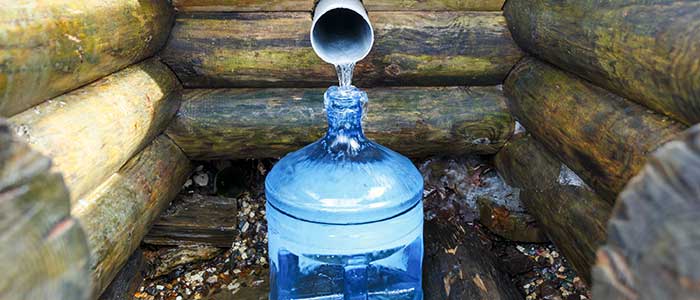A report by the UNEP’s International Resource Panel found that, under current trends, demand for water will exceed supply by 40% in 2030, with governments forced to spend $200bn every year to make up the difference.
Achim Steiner, UNEP executive director, said when water is consistently unavailable the world’s poorest people and nations must spend much of their disposable income buying it and a large amount of time transporting it, limiting development.
“Since only half of 1% of the world’s freshwater is available for the needs of both humanity and ecosystems, we will need to do more and better with less if we are to ensure healthy ecosystems, healthy populations and economic development,” he said.
As the global population rises, urbanisation increases, climate change develops and food consumption patterns change, meaning more demand for water is likely, the report said.
UNICEF also said yesterday that bringing safe water to millions of people around the world who currently go without is going to be even more challenging due to climate change, with droughts and floods both affecting the amount of safe water available.
The UNEP called for efforts to decouple water from economic growth in order to “stave off the looming crisis”.
It noted that some countries have already proven this is possible. Australia for example saw water consumption decline by 40% between 2001 and 2009, while its economy grew by more than 30% over the same period.
India could reduce its current gap between water supply and demand by as much as 80% if techniques such as crop rotation, mulch and organic fertiliser were used and improved to increase crop yields, saving water expended on agriculture, it said.
Around the world, reducing leaks in the supply of bulk water in commercial, residential and public premises could save between 100-120 billion cubic metres of water in 2030, the report said.
It urged governments to create holistic water management plants that take into account the entire water cycle, from source to distribution, economic use, treatment, recycling, reuse and return to the environment.
But the panel said no single policy or set of practices will achieve decoupling at the global, national and regional levels all at once, and that “inherent complexities, uncertainties and ignorance still limit current understanding of hydrological cycles and complex relationships of water with other sectors.
Around the world, at least 650 million people live without safe water and 2.4 billion lack proper toilets. According to UNICEF, an estimated 1.8 billion people’s water may be contaminated with faecal matter.














